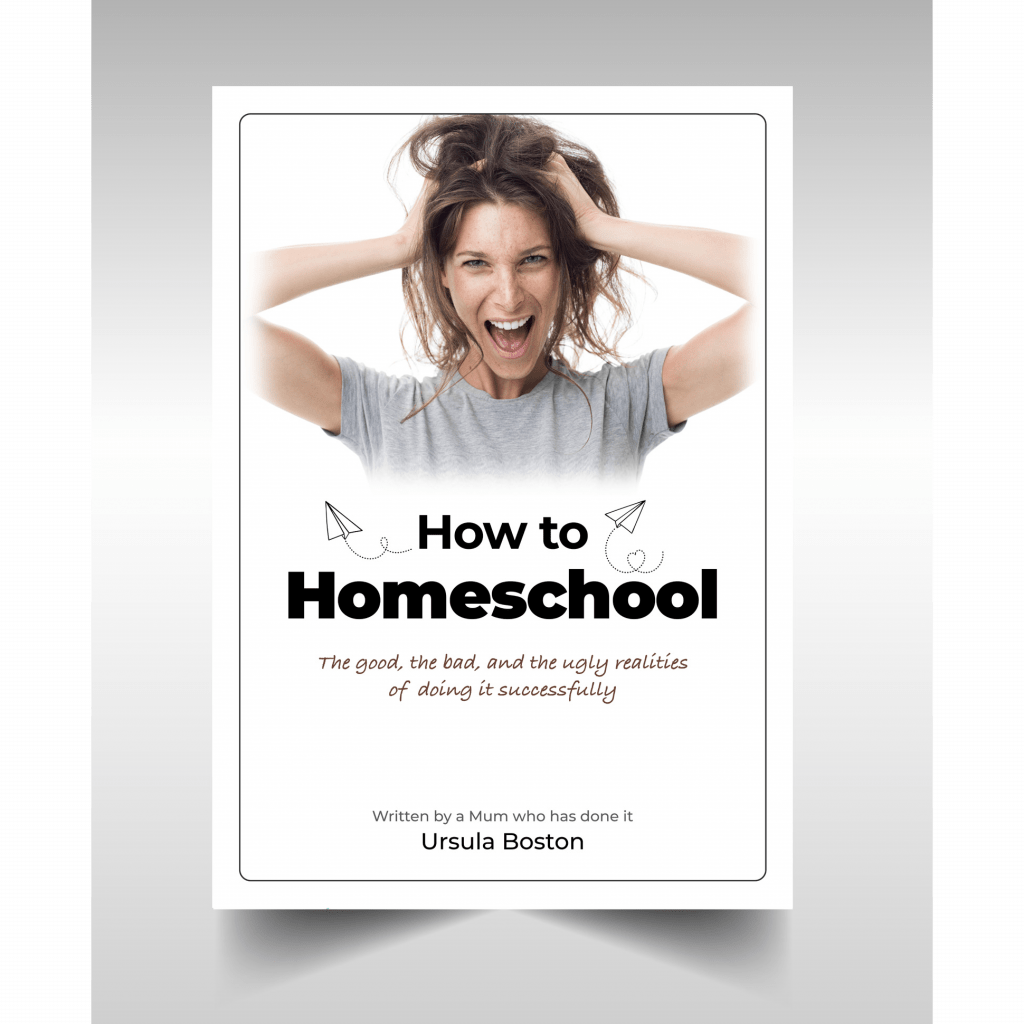Homeschooling is becoming an increasingly popular option among parents seeking to provide their children with an education.
It offers a variety of advantages, such as individualized instruction tailored to the child’s strengths and interests, and control over curriculum and teaching method.
It also can help protect children from negative peer pressure. However, homeschooling also has its drawbacks, such as the stress it can cause parents and children alike, the high level of commitment needed to ensure that the child is receiving an adequate education, and the difficulty for homeschooled children to make friends and develop social skills without regular interaction with other students.
Ultimately, whether or not homeschooling is good or bad depends on an individual’s situation; parents should evaluate all of its pros and cons before deciding if it is a suitable choice for their family.
Advantages of homeschooling
Homeschooling offers a variety of benefits for students and their families. It allows them to develop an educational program tailored to the individual needs of the child, as well as demonstrate to them that learning can be enjoyable.
Homeschoolers also enjoy more emotional freedom than those in traditional schools, being less prone to peer pressure and exposure to risk factors such as substance abuse or school violence.
Additionally, homeschoolers have more flexible schedules, opening up opportunities for pursuing interests such as music or sports, along with taking advantage of online homeschooling programs such as Connections Academy which can offer a head start on life and career skills.
Lastly, research suggests that homeschoolers tend to perform better academically than those in traditional institutions, making them well-prepared for college or other post-secondary opportunities.
Part of this can be attributed to the fact that homeschoolers can work autonomously being more self-motivated and possessing time management skills that are highly valuable in Universities and the workplace.
Homeschooling Pros and Cons
Homeschooling has a variety of advantages and disadvantages.
The main advantage is the flexibility it provides parents in terms of timing and curriculum, allowing them to create an education plan that works for their child’s individual needs. This also allows for more freedom in terms of teaching methods, as parents can choose materials and activities that best suit their child’s learning style.
On the other hand, a disadvantage of homeschooling is the difficulty children may face in terms of socializing with peers if they are not enrolled in traditional schools. Additionally, this type of education can require a significant commitment from parents in terms of time and resources which may be difficult for families with limited financial means.
Misconceptions, Myths as to Why Homeschooling is a Bad Idea
Below is a list of misconceptions and myths that some people presume about homeschooling and why it is a bad idea. In my opinion and personal experience, they are untrue and unfounded.
- Your children will not be ‘normal’
- You’re not a qualified teacher
- You’ll have to spend ALL day, EVERY day, with your kids
- Your kids will have no friends
- You don’t know advanced maths/physics
- Homeschooled children will be weak and pampered
- They won’t learn to focus or sit still
- People will think you’re broke and can’t afford private education.
- Your house will always be a mess
- They’ll NEVER get into university/further education
- You can’t be mum/dad AND a teacher
- They won’t have friends
- Requires more organization
- No big events to look forward to
- Homeschooling materials are expensive
- Lack of facilities at home for learning
- Requires harsh discipline to keep kids focused and motivated
- Constantly dealing with criticism from strangers
- Stressful for the parent
- No formal or graduation ceremonies
Why Homeschooling is a Good Idea
- Academic flexibility
- Fosters autonomous learning & motivation
- Parental choice of pace and approach to learning
- Meeting current needs and attention immediately
- Warm family environment to learn in
- limits bullying exposure
- Efficient learning
- Meaningful learning
- More time to focus on problem areas
- No school uniforms to iron
- Accommodating special situations and needs
- You can travel more
- Limited or reduced formal testing
- Less stress and pressure on the student
- Focus on life skills
- Enhanced self-motivation
- Enjoy close family relationships
- Foster less peer dependence
- Living a unique lifestyle
- Saving money
- Freedom from a school schedule
Homework – The Controversy in Classrooms
Seems we all have a strong opinion about homework and it comes with many questions that often go unanswered.
Here are a few that cause many controversial conversations around the dinner table:
- Should kids be expected to do hours of homework for each subject after a 6-hour day at school?
- Is it good for a child’s mental health to come home from school and be expected to do more work?
- Is homework issued because kids don’t get the time to finish work in the classroom due to distractions?
- Should lesson plans by teachers be planned to meet timelines so kids can complete their work and no homework is required?
Pros of Homework
It is argued that Homework provides students with the opportunity to review and practice the concepts they have learned in class. Homework also helps to reinforce positive learning habits and develop better time management skills[1].
However, too much homework can be detrimental to a student’s academic performance, mental health, and quality of life. Excessive amounts of homework can lead to stress, fatigue, sleep deprivation, poor concentration, and even depression[3].
To ensure that students are getting the most out of their homework assignments without becoming overwhelmed or burned out, teachers should set reasonable expectations for how much work is required from each student.
Parents should also monitor their child’s workload to make sure it is manageable. Homework can be a valuable tool when used correctly; however, it is important to keep in mind that it should not overwhelm students or interfere with other activities that are important for their development.
Homework v’s Homeschool
Homeschool-type learning provides students with a new way to pursue their education in an increasingly digital world.
It offers more flexibility when it comes to learning and allows students to work from any location, at any time of day. It is not limited to weekday classroom timetables. with an additional after-hours homework schedule.
Homeschool students do not have the dirty word ” Homework” to adhere to. They have a complete schedule that does not dissect schoolwork and ” extra” homework. To them, it is just learning as a complete whole.
Students can take advantage of different online resources such as coursework, virtual classrooms, and video lectures that can be viewed 24/7/365 days a year. This is just a part of learning and not extra homework.
Furthermore, homeschool learning allows for complete individualized instruction. Subject content can be tailored to the student’s specific needs. It can be fast-tracked or have time allowances so that students have the opportunity to learn at their own pace.
This ensures that they fully grasp & comprehend content before moving to the next level or stage in the subject matter.
While some can argue that homeschooling is just unlimited homework without boundaries, my personal opinion is this:
Regardless of content or constraints, our children deserve to learn in an environment where the feel safe and valued.
I feel that in most cases our traditional schooling fails these 2 basic essential elements. With school shootings on the rise, the bullying epidemic and children falling below basic educational standards, these are testament to a failing system.
In addition, reflect on your past school life and ask yourself ” How much Fun was a school for me? ” What would I change to make my school life more enjoyable?
I bet most would agree on at least one of these: stop homework, keep away the bullies, allow more flexibility, express ourselves without judgement, make the school holidays longer, have lessons outside the classroom more often, and let students select teachers that they can continuously build trusting & healthy relationships with.
Funny to think that Homeschooling addresses most of these changes, all of which make learning a little more pleasant.
With love and kindness
Ursula xx
For a limited time – I’m offering massive discounts for any first-time purchase. Use code ( first20off ) at checkout.

How to Homeschool – The Good the Bad and the Ugly Realities of Doing it Successfully
This is the book I wrote to my younger self about doing it successfully. Take it from someone who has been there.
It is everything I have learned from my 18 years as a full-time educator, mum, and housewife.
It is everything you need to get started.

About The Author
My name is Ursula Boston. I’ve been educating my daughters as a proud homeschool mum for nearly 20 years. Alongside managing our household and small business from home.
If you want to learn how to do this from someone who has actually done it. Twice! I will show you HOW.







